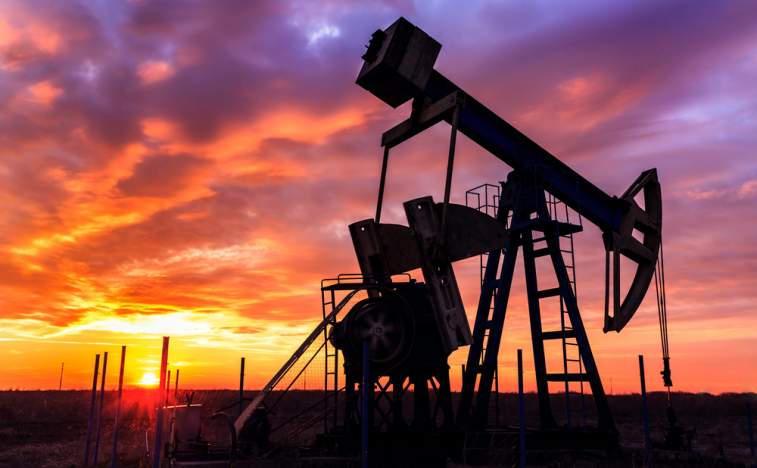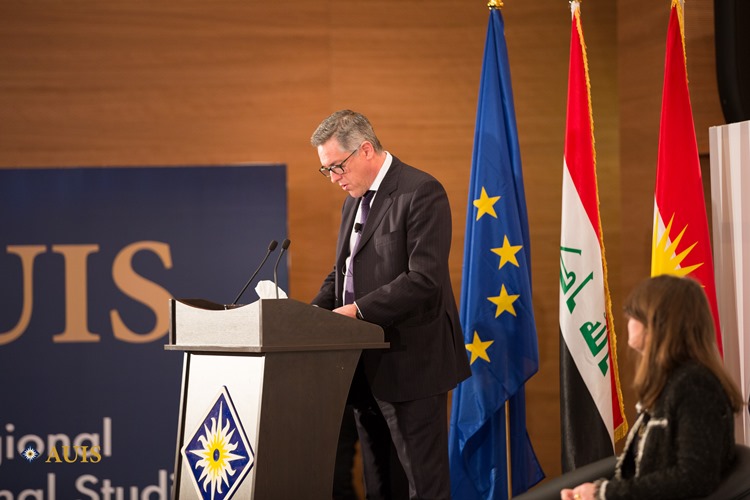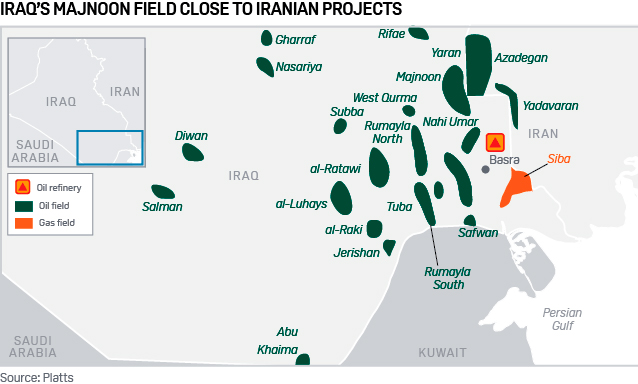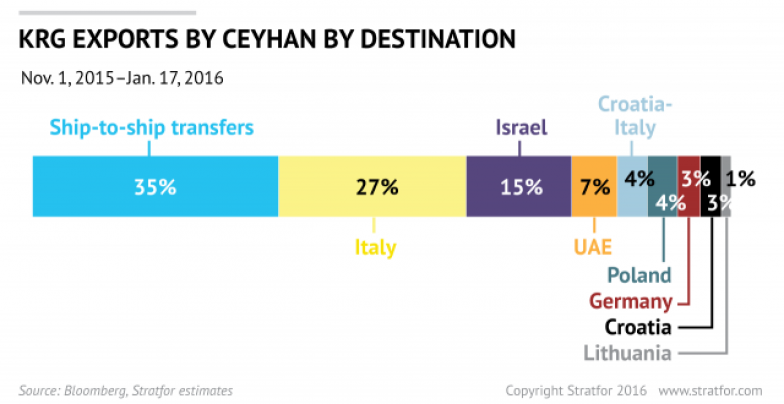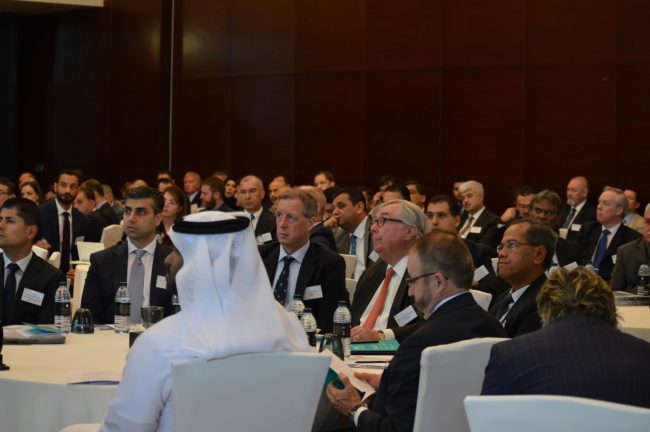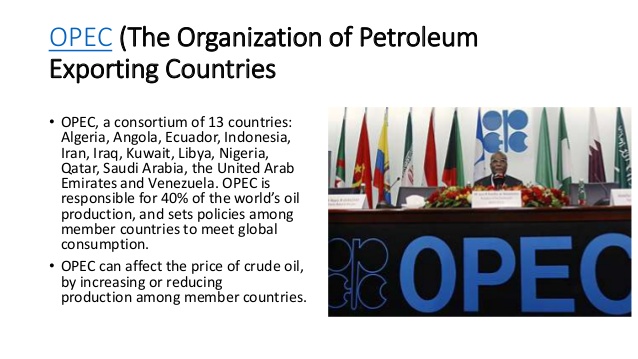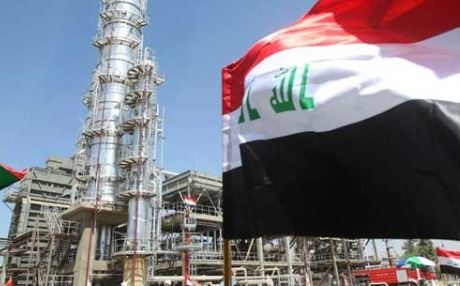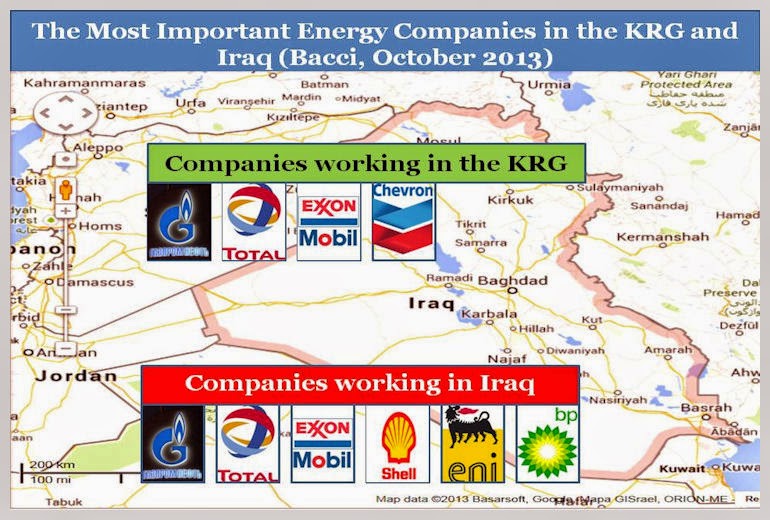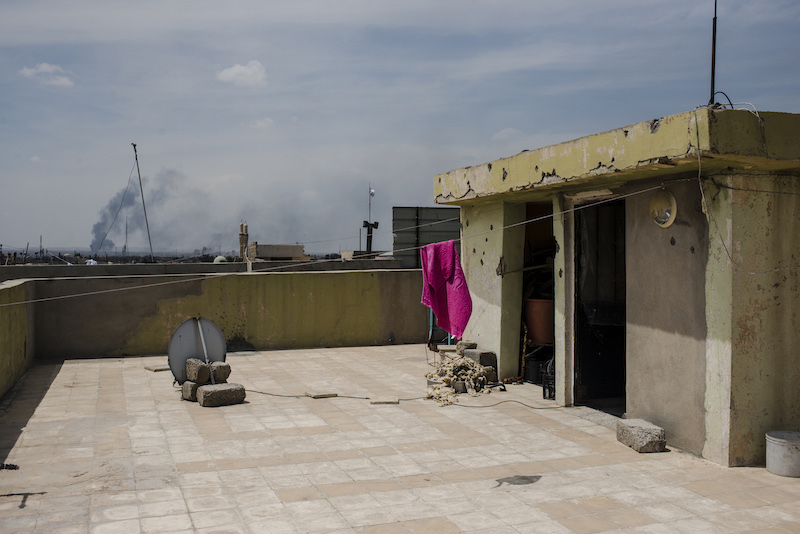Genel Energy has announced that Paul Schofield is stepping down from the role of Chief Operating Officer and will leave the Company on 16 October 2017.
Dr. William (Bill) Higgs will succeed him in the role and will join the Company on 6 November 2017.
Dr. Higgs has nearly 30 years of global exploration, development and operations experience, including over five years in executive roles for independent Exploration and Production companies.
He is a qualified geologist with extensive expertise in all engineering and other technical and commercial aspects of hydrocarbon development and production. Most recently, as Chief Operating Officer for Ophir Energy plc, he was responsible for managing the global asset portfolio.
Prior to joining Ophir he was Chief Executive Officer of Mediterranean Oil and Gas, overseeing the successful sale of the company in 2014. He previously spent 23 years at Chevron across a number of global roles, including responsibility for reservoir management of the giant Tengiz oil and sour gas field in Kazakhstan.
Murat Özgül, Chief Executive of Genel, said:
“I would like to thank Paul for his efforts at Genel and wish him all the best for the future. I look forward to working with Bill as we continue to maximise the value of our assets in the Kurdistan Region of Iraq.”
(Source: Genel Energy)

